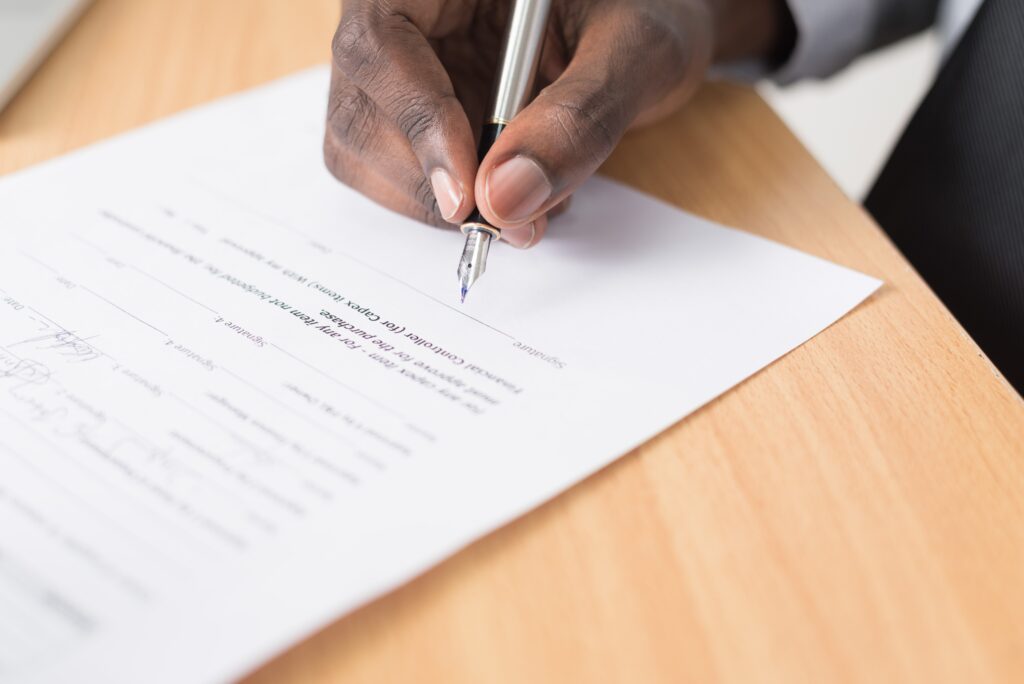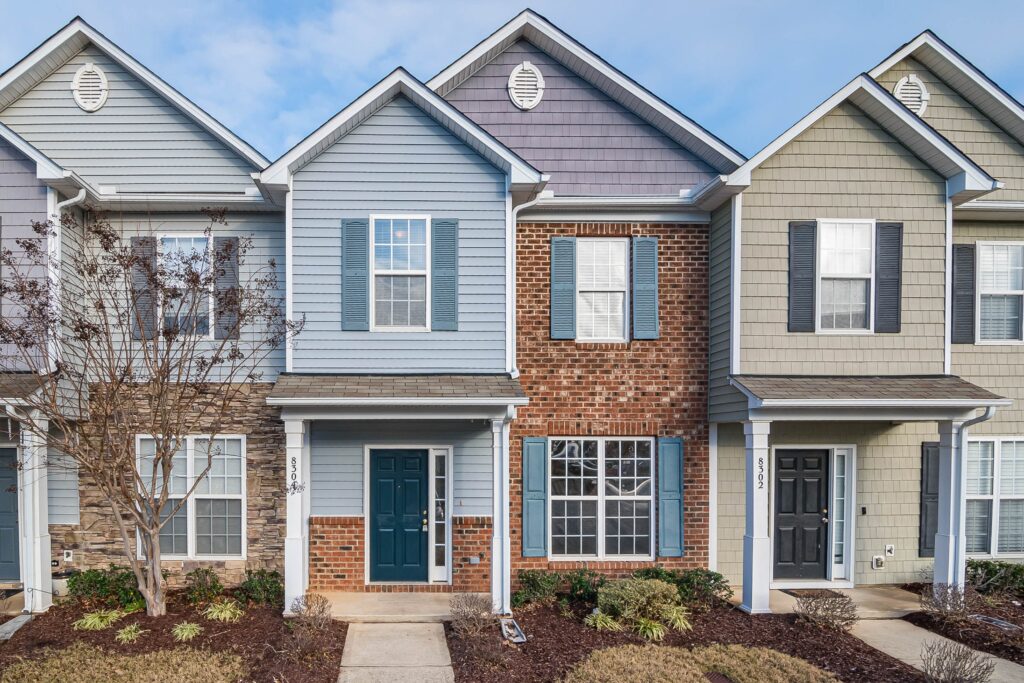
Every real estate investor knows how volatile the market can be. It’s not as crazy as stocks or crypto, but the real estate investment environment isn’t completely protected against shifts.
For example, the International Monetary Fund recently announced that they’ll be more aggressive on funding now. So, combined with the uncertainty we see in the economy, bond yields increased, directly correlating to a rise in mortgage rates for the real estate market.
But even with things like this, you can still invest in real estate and come out victorious.
How? Well, try wholesaling properties.
Real estate wholesaling is finding a deeply discounted property and then selling it to another investor, usually for a quick profit. And since you’re not the one who’ll fix it up or hold on to it for the long term, you don’t need to worry about market conditions as much.
Of course, wholesaling has its challenges in an uncertain market. But knowledgeable wholesale real estate investors deviate them easily—simply as they know how to play the game. Read on to know!
1. Increase Your Lead Conversion Rate
Finding motivated sellers is key to a real estate wholesaling business. You must constantly find people who need to sell their properties fast (usually because they’re facing foreclosure or divorce), as they present an opportunity for you to swoop in and make an offer.
In an uncertain market, looking for motivated sellers should be easy, as more people want to sell their homes quickly to free up cash. You can find them by networking with real estate professionals, driving around neighborhoods with distressed properties, and more.
But it’s not just about finding motivated sellers; it’s also about increasing your conversion rate:
Number of deals closed / Total number of motivated sellers = Conversion rate
The higher your conversion rate, the better you can weather any uncertain market storms. You already spend so much time and money on marketing and generating leads; you’ll do yourself a favor by optimizing your closing process to convert more leads into closed deals.
Continue to find motivated sellers, and improve your chances of closing deals with them.
2. Get Your Financing in Order
If you’re going to wholesale real estate, you need to have your financing in order before you start looking for properties. Getting your ducks in a line is important because, most of the time, the properties you’ll find will require some form of creative financing, like using:
- Hard money loans: Loans based on property’s value instead of the borrower’s creditworthiness
- Private money loans: Loans from private investors if you can’t qualify for traditional financing
- Partner with another investor: Pooling resources together with a partner to finance a property
If you don’t have your financing set up beforehand, it’ll be hard to take advantage of these opportunities when they come up, especially when dealing with uncertain market conditions simultaneously.
For example, if the market crashes and you’re trying to get a loan from a bank, they’ll be much more hesitant to give you the money. Whereas if you have a hard money lender lined up, they’ll be much more willing to finance your deal.
3. Know Your Numbers
In an uncertain market where things can change rapidly, you need to be extra conscious of unnecessary business costs harming your cash flow. Are you spending too much on lead generation? Can you do without the tech subscriptions? Have an honest conversation on how you can keep expenses down to protect your cash flow in an unstable market.
Moreover, know your numbers well enough to make quick and sure deals without costing you dearly. Things like being clear on your maximum offer price, estimated repairs, and expected profit margin all play into the success of your wholesaling investment opportunities.
Say the market crashes and property values drop significantly—you’ll find yourself in a situation where the property is worth less than what you paid, depleting your chances of any profit margin. Only by knowing your numbers well can you adjust accordingly and still come out ahead.
4. Have a Plan B
Having a plan B when wholesaling real estate is always a good idea. And in an uncertain market, that truth is all the more true, where things might change quicker than you expect. There’s always the possibility that something could go wrong, whether it’s the deal falling through, the market taking a turn for the worse, property values dropping significantly, or all of the above.
So, what should your Plan B be? Well, that depends on your situation.
But some things you might want to consider include: having another property lined up to sell, having extra cash on hand in case of emergency, being able to lower your prices to sell, or partnering with another investor to share the risk. The bottom line is to be prepared for the worst, while expecting the best.
Being Certainly Profitable in Wholesale Real Estate Investing
By following the tips we’ve outlined in this article, you can ensure that your business is as resilient as possible to market fluctuations. So whether you’re a seasoned investor or just starting, remember to increase your lead conversion rate, get your finances in order, know your numbers, and have a plan B.
With these strategies, you’ll weather any storm and continue making money by wholesaling.
Do you need more help? Then, get a membership, subscribe to our newsletter, and join our upcoming meeting! We’ll discuss key industry trends and expert tips—you wouldn’t want to miss out.









